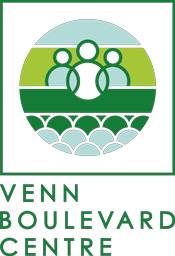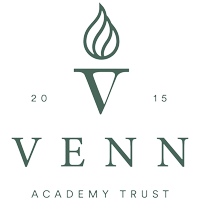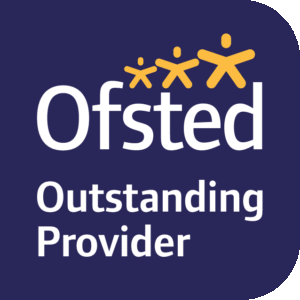The Design and Technology (D&T) curriculum at KS3 in the Venn Boulevard Centre is linked to the National Curriculum, with a focus on preparing students for the world they live in. The curriculum covers all aspects of D&T, with food technology being the most popular with our students and is often chosen as an option in KS4.
The D&T curriculum at KS3 in Venn Boulevard Centre is designed to provide students with a hands-on learning experience that is high in engagement. The curriculum covers all aspects of D&T, including product design, textiles, and food technology. The curriculum is linked to the National Curriculum, ensuring that students are learning the same key concepts and skills as their peers in mainstream schools but the content is adapted to meet their individual needs and abilities.
Product Design: In the product design aspect of the curriculum, students are taught how to design and make a range of products, from keyrings to clocks. They are taught about the design process, including sketching, modelling, and prototyping. Students also learn about materials and manufacturing processes, such as injection moulding and vacuum forming. The product design aspect of the curriculum helps students to develop problem-solving skills and to understand how to create products that are fit for purpose.
Textiles: In the textiles aspect of the curriculum, students are taught how to design and make a range of products, including bags and cushions. They learn about different fabrics and textiles, including natural and synthetic materials, and how to use a range of techniques, such as stitching, appliqué, and embroidery. The textiles aspect of the curriculum helps students to develop fine motor skills and to understand how to create products that are aesthetically pleasing and functional.
Food Technology: The food technology aspect of the curriculum is the most popular amongst students. Students learn about nutrition and healthy eating, as well as how to prepare and cook a range of dishes, from pasta to cakes. They learn about different cooking methods, such as boiling, grilling, and baking, and how to use a range of kitchen equipment, such as knives and mixers. The food technology aspect of the curriculum helps students to develop practical skills that they can use in their everyday lives.
The curriculum prepares students for the world they live in, providing them with practical skills and knowledge that they can use in their everyday lives.
Design and Technology at KS4
As students’ progress to KS4 they can choose Food Preparation and Nutrition as an option to study within Design and Technology to study. In the chosen area, the subject allows for deeper study of the world they live in, potential career opportunities and with the skills developed at KS3 the confidence to task risks, become resourceful, innovative, enterprising and capable citizens.
Food preparation and nutrition equips learners with the knowledge, understanding and skills required to cook and apply the principles of food science, nutrition and healthy eating. This equips the learners for the real world around them and prepares them for independent living in the future.
Enrichment
We aim to enrich our curriculum by:
- Establishing cross curricular links·
- developing partnerships with external providers that extend children’s opportunities for learning through trips/visitors
- Offer Design, Technology and Food and cookery as options for enrichment activities on Friday afternoons.
- Themed days to experience the subject from other cultures.
- STEM weeks



























